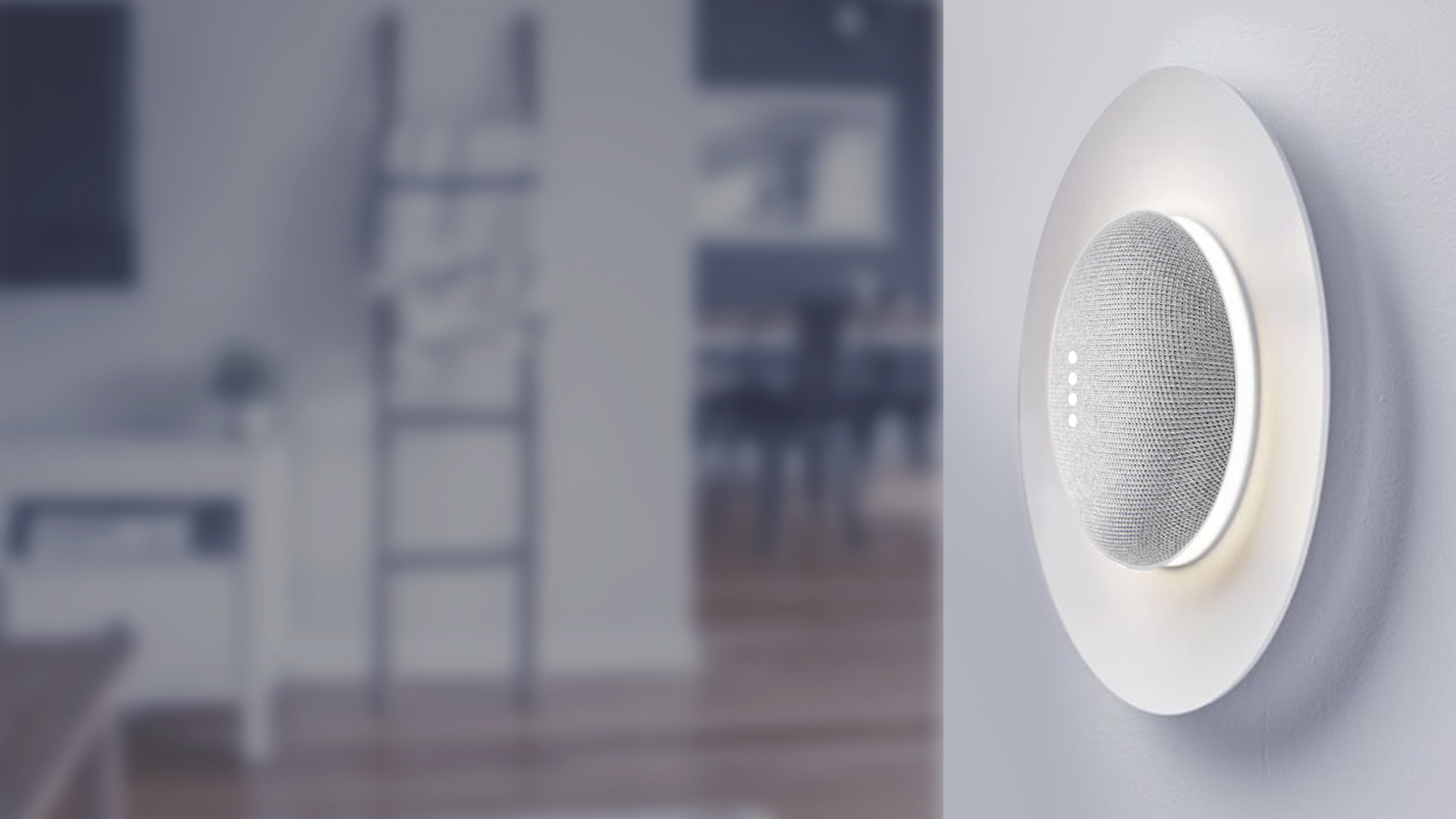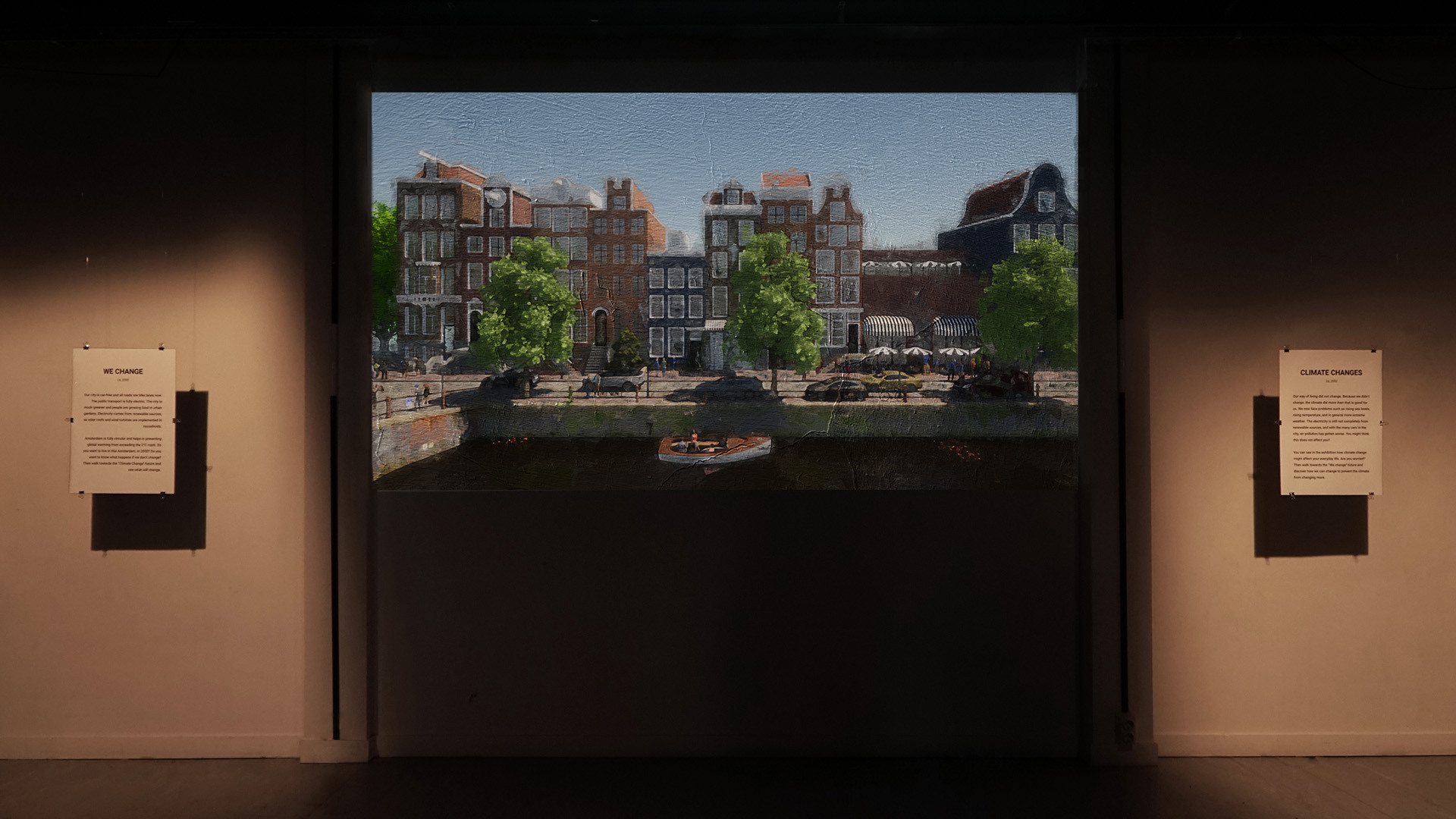
Groceries for the Future
Lowering Carbon Emissions one shopping basket at a time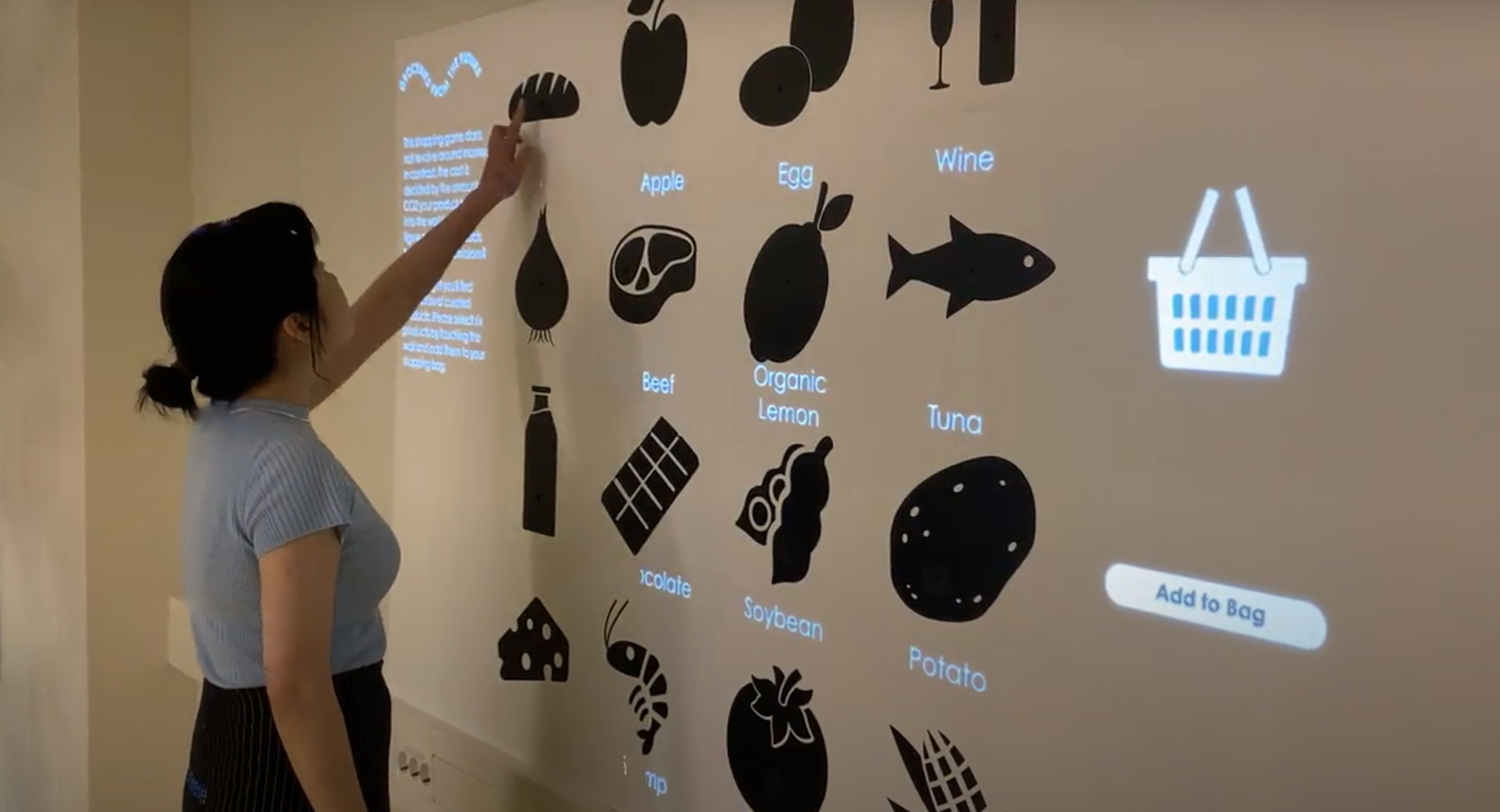
-
Client:
Amsterdam University of Applied Science
- Team:
-
Disciplines:
Speculative Design, Interaction Design, Experience Design
-
Schoolyear:
2021 - 2022
People nowadays often feel ‘green washed’ from the constant exposure to media showing them various climate catastrophes and the social pressure that is put on them every day to make the correct sustainable choices. It can feel overwhelming when we put individual effort and fundamental systematic change into perspective. As a result, people gradually refuse to listen to the hard facts, shying away from the truth about the possible future the earth could be headed to.
Our client challenges us to design an experience to help people imagine future scenarios related to climate change. It was a very open brief with the possibilities of using any technologies we liked to deliver our message. So to get started we dove deep into research.
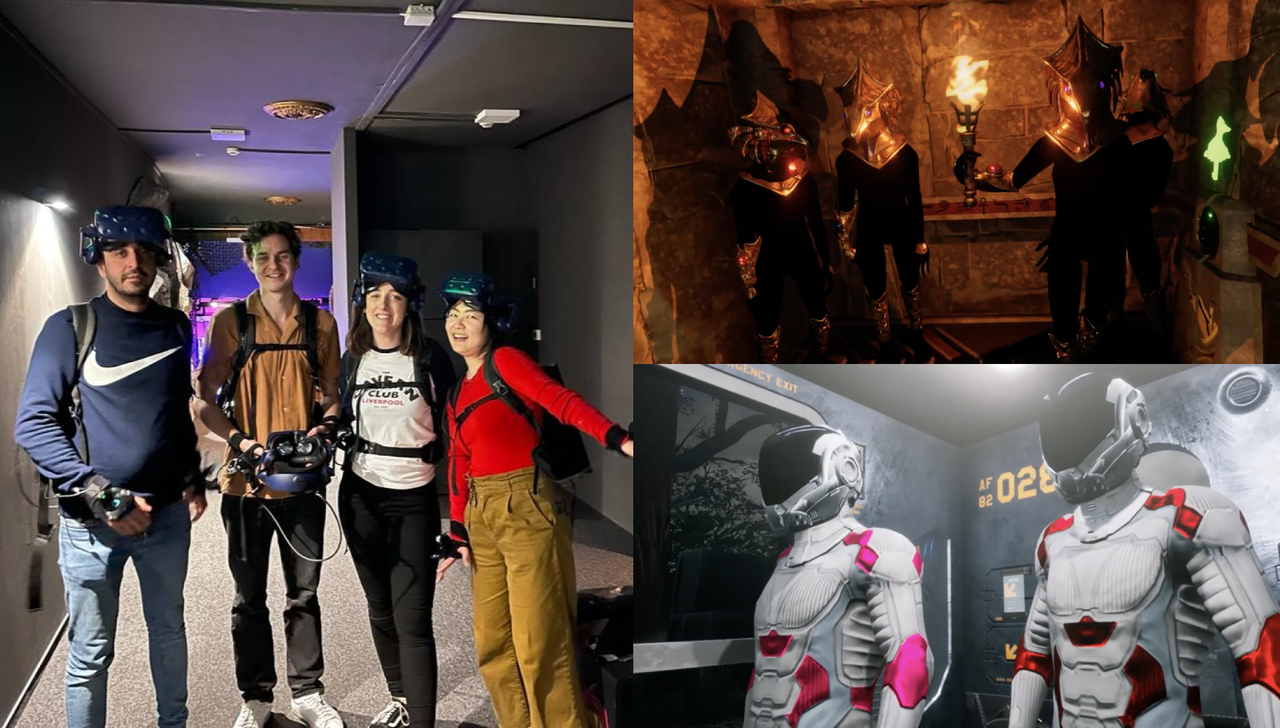
We started our project by debriefing and collecting each group member’s interests & learning goals during the education year. Two of the members of our team were really interested in using VR as a technology because it’s a helpful medium to tell imaginary stories, so we were lucky enough to try out a 4D VR experience as a part of our research.
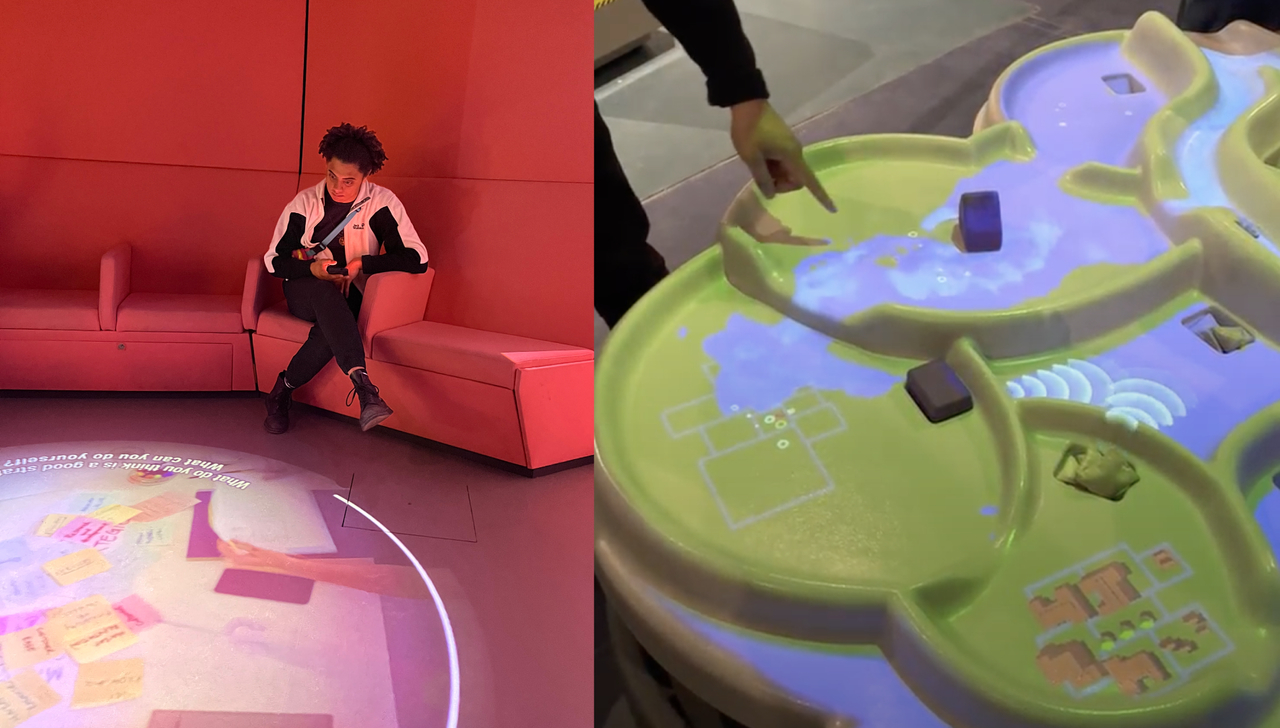
We then went to the NEMO Science Museum to study different types of interaction that can be used to create engaging experiences. One of our favourites was a game where you could control/stop the flooding by moving little bean bags, which is powered by projection mapping and sensors. The other was a game you could join via QR code and it asked you lifestyle-based questions related to climate change.
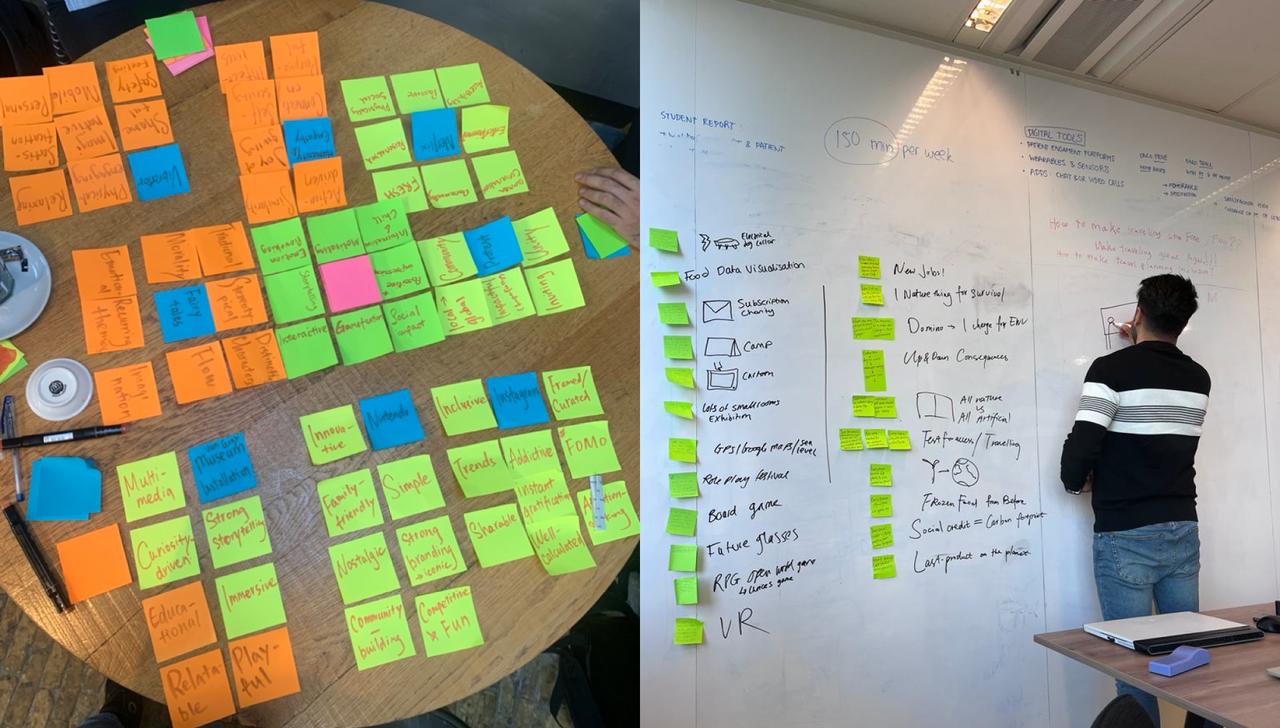
The next step was to come up with our idea. We used the Lotus Flower Ideation method to brainstorm and from there we individually developed our favourite ideas further.
We looked for the best possible ways to transfer our message “what individuals can do regarding saving our planet by focusing on climate change” as we delved deeper we discovered ‘serious gaming’ which uses gamification and tangible technologies to convey a strong message while making the user entertained. By interviewing an expert in the field of serious games, such as the Operation Manager at Ijsfontein in Amsterdam, we understood the importance of rapid prototyping and the power of a cohesive storyline.
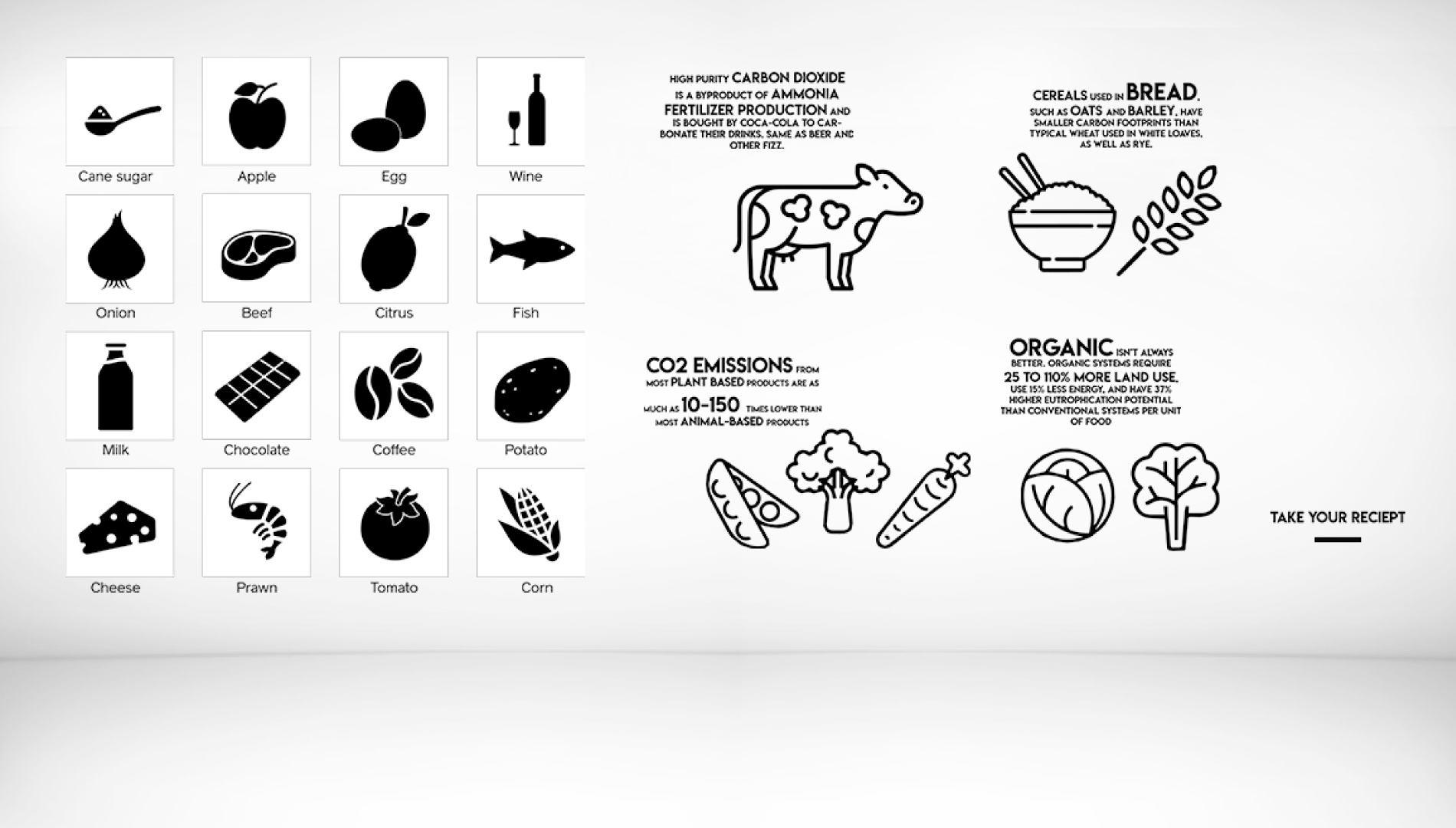
We decided to work on an interactive solution to invite more audiences to the discussion. Our idea was to focus on a less discussed topic, people’s shopping habits and the level of co2 that they cause with the buying decisions they make. Our main challenge was transferring the large database of this issue to our target audience, making it easy to understand and fun at the same time. With the help of projection mapping technology and touch sensors, our idea came into an interactive game that helps people understand how their choices of buying daily foods can influence the level of carbon dioxide emission.
Visitors create a shopping basket with a minimum amount of six items. They do this by touching the images of food on the wall, which works with electric paint that tells the computer what is selected. The goal is to submit what they think will be producing the lowest amount of CO2 emissions. At the end, they receive a shopping receipt where they see how much CO2 each item produced and how much in total. Information like daily production of CO2 of each Dutch person is shown for comparison. Depending on their results, they are shown personalised information based on the choices they made.
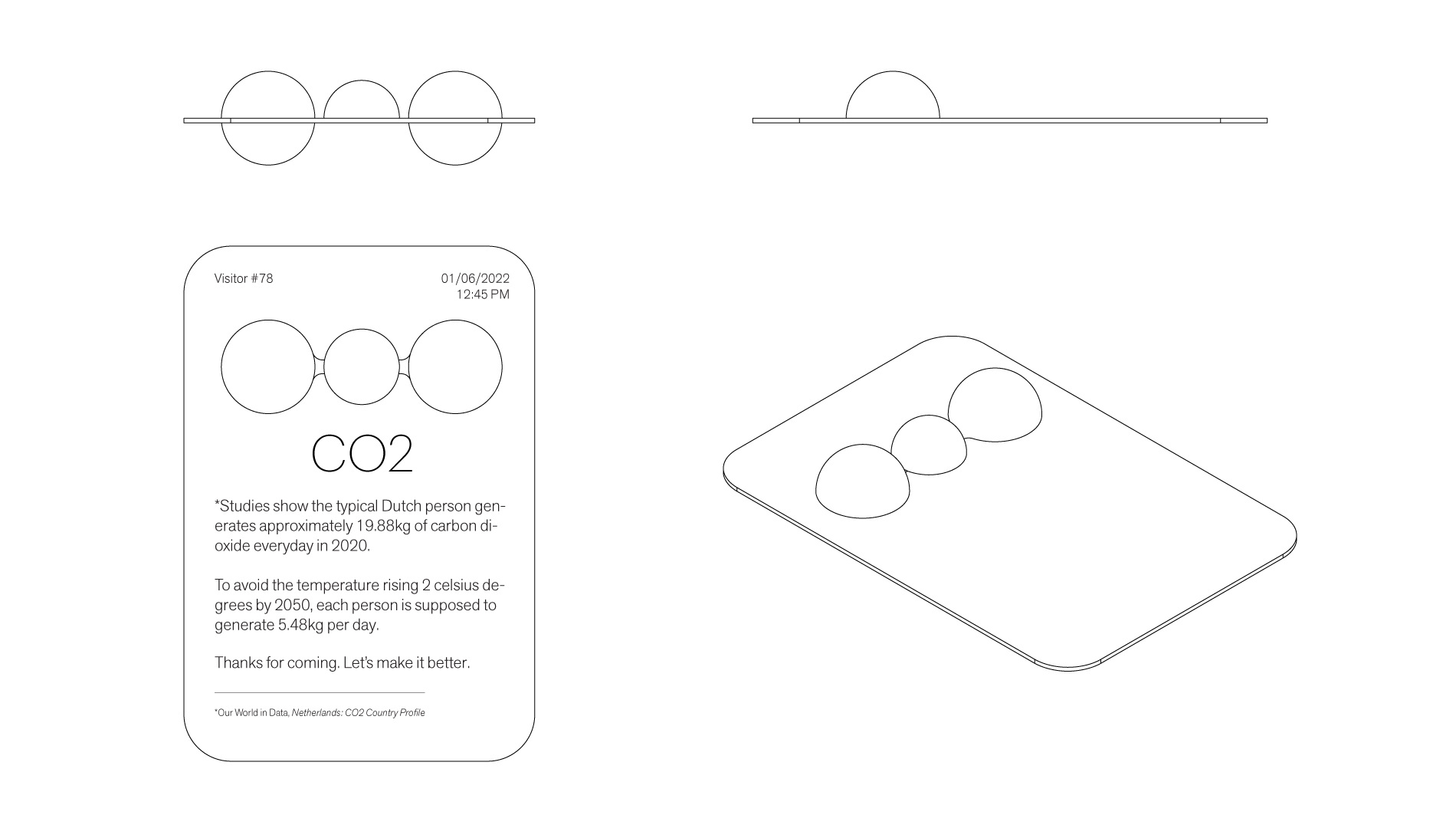
Before exiting, they receive a fun product made from recycled materials to remember the experience. It gives them information regarding their experience as well as having seeds to grow their own foods.
With our installation, we hope to have a lasting effect on people's shopping habits by giving them relatable information that they feel they can take home with them and make daily changes from. By gamifying the experience, we hope that the information will be remembered and is impactful for the future.

